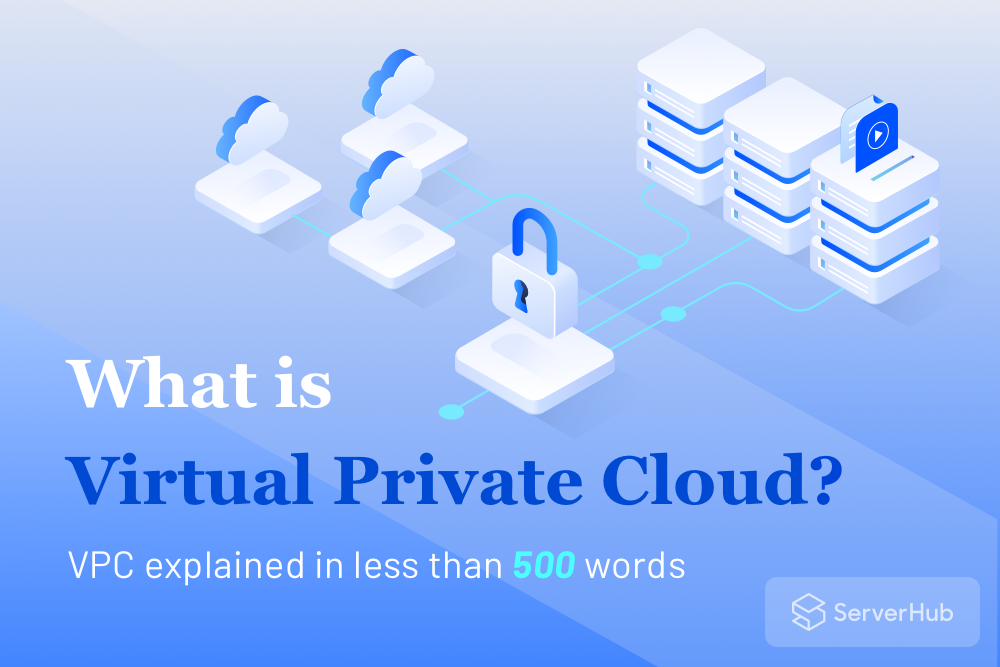Do you know what VPC means and why it even matters to your public cloud journey? Today, we’re going to break it down!
A virtual private cloud (VPC) is a private cloud environment hosted within a public cloud, all enhanced with security and isolation aspects while using public cloud resources.
Like a crowded coffee shop with the sign “reserved†on one of its tables, you can access the VPC only if you’re who made it or a part of the multitenancy (people invited inside).
How is a VPC isolated?
A VPC separates traffic from the rest of the public clouds with firewall functions that provide filtering capabilities. The technologies used to do the VPC resources separation are:
VLAN: devices connected to a local area network, without the use of the Internet.
VPN: a virtual private network (VPN) uses scrambled and encrypted traffic that passes through publicly shared Internet infrastructure that’s not visible to anyone.
Subnets: IP network addresses that are reserved, not accessible via the public Internet.
What are the benefits of a VPC?
Isolation and security: a VPC offers you complete data separation from your provider’s other clients unless you give them access.
Fixable customization: VPCs grant you full control over your network, allowing you to add segmentations, connect to your enterprise, and become more agile.
Customer satisfaction: VPC environments help you build brand trust and customer loyalty with uptime ratios up to 99.99%.

Challenges of virtual private clouds
Although rare but viable, a VPC is not immune to potential challenges, including:
Facing some complexity when managing and configuring its VPN.
VPCs are still hosted outside the enterprise’s data center, exposing some strict compliance businesses to data and application limitations.
The advantages of using a VPC instead of
VPC vs. private cloud: a VPC is hosted by a public cloud provider that provides better security and performance, making the VPC public cloud connection simpler than the private cloud is.
VPC vs. VPN: A virtual private network makes a secure internet connection by creating information traveling through an encrypted tunnel. Deploying a VPN-as-a-Service establishes secure site-to-site communication between your VPC and your other location

A VPC is guaranteed to grow your-business
Many business leaders provide IaaS and offer VPC services, such as Microsoft Azure, Google, and Amazon’s VPC that uses IPsec virtual private network connection
With scalability, easy hybrid cloud deployment, overall agility, security, and performance that VPC has. Your business is inevitably one step closer to perfection.
